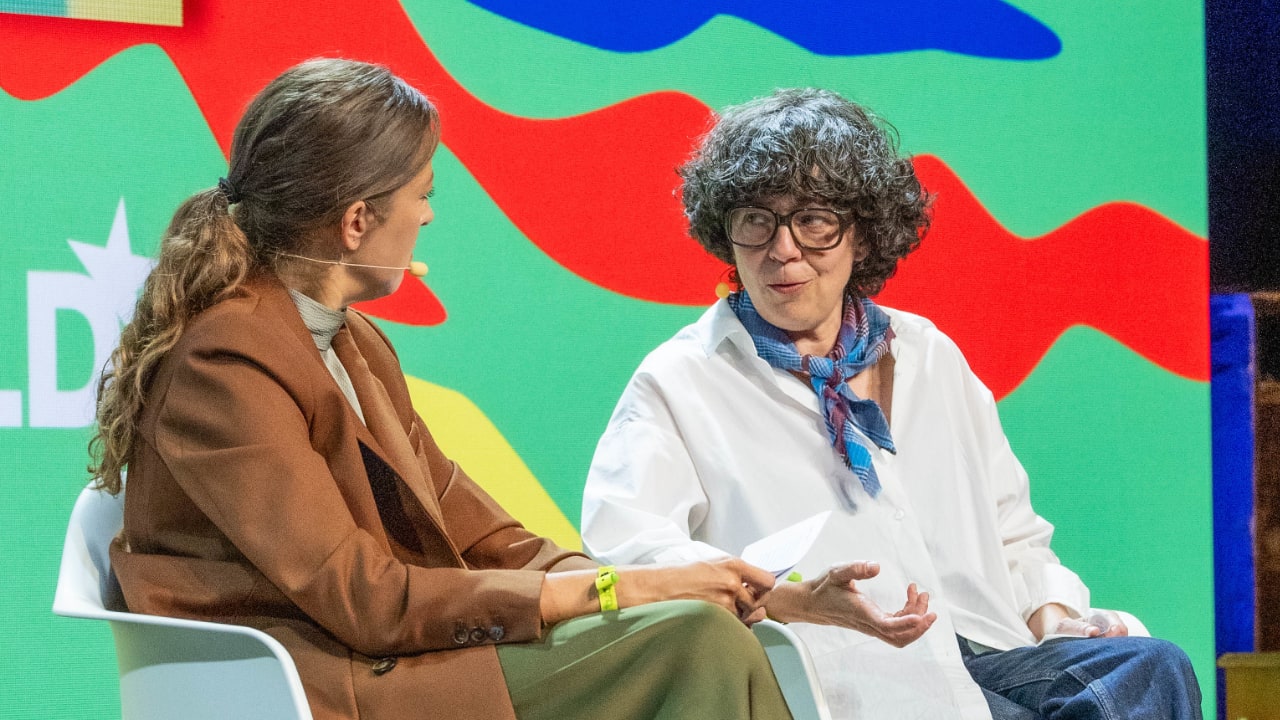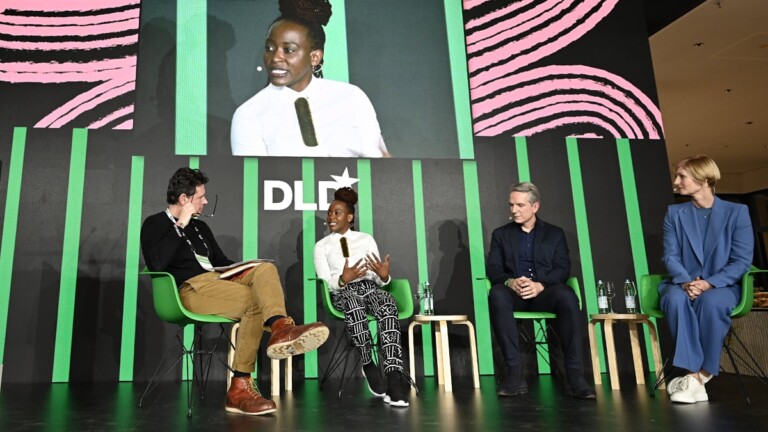The fashion industry has a devastating impact on the planet, which demands an urgent shift in mindset and business practices. Carol Blázquez, Head of Innovation and Sustainability at Ecoalf, and journalist Mateja Mögel discuss how circularity and sustainable innovation can change the industry’s practices for the better.
“Fashion is responsible for 8% of the CO2 emissions worldwide, which is more than flight and shipping combined”, Mögel points out. “We buy way too much, and we throw it away without a second thought.” In Germany, a piece of garment on average is worn just four times before it is discarded.
Blázquez emphasizes the hidden costs of fast fashion, noting that discarded garments often end up in massive landfills, suchas Ghana’s shores, which receive 15 million items weekly. “We think ‘away’ is somewhere magical where it disappears,” she says, but behind every garment lies a supply chain with significant environmental impact, from production to destruction.
Her solution? Shifting from overproduction to mindful consumption and creating products designed for circularity. “Sustainability means finding a balance between the Earth’s needs and human needs”, Blázquez argues.
Ecoalf, a pioneer in sustainable fashion, has reduced its impact on nature by using recycled materials and innovating with organic cotton, grown in a regenrative way that improves soil health, reduces water use, and absorbs CO2. “It’s a holistic approach involving many different processes, steps, and players”, Blázquez explains.
Watch the video to learn more about new approaches to making fashion more sustainable.




